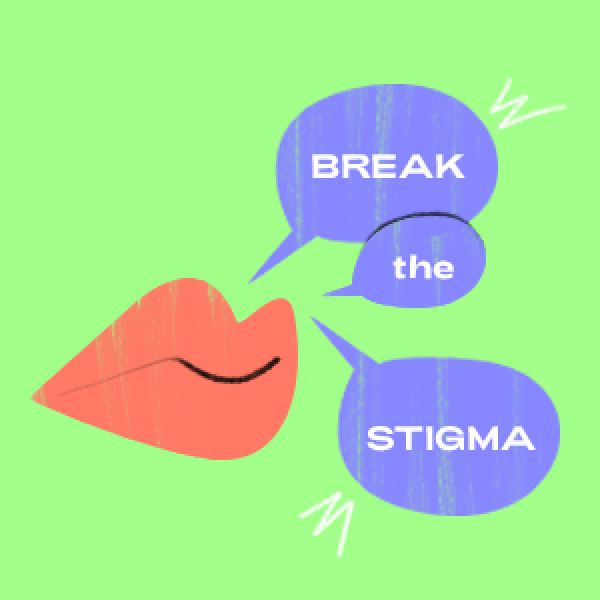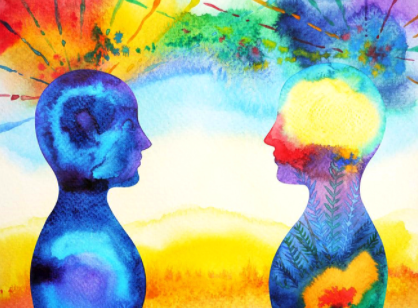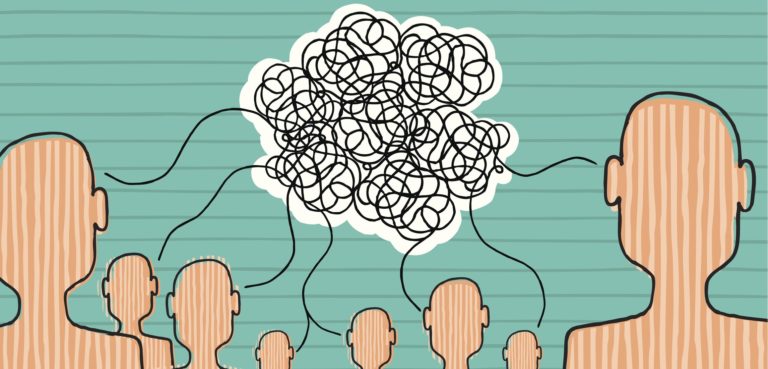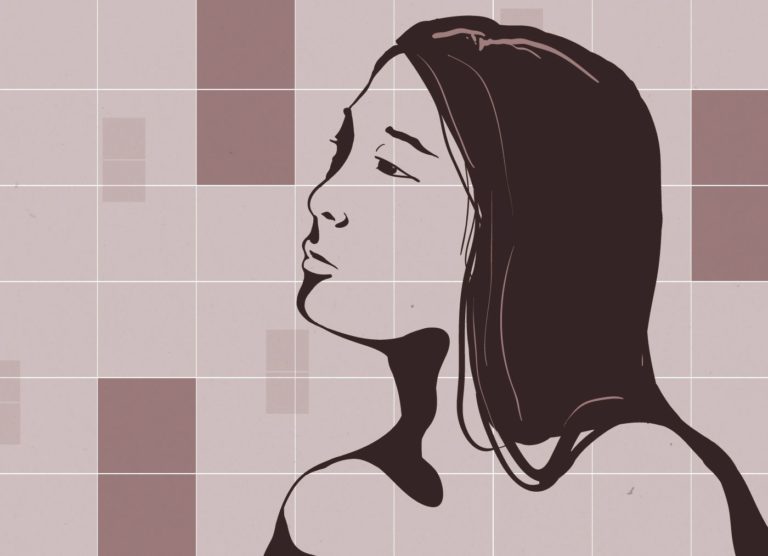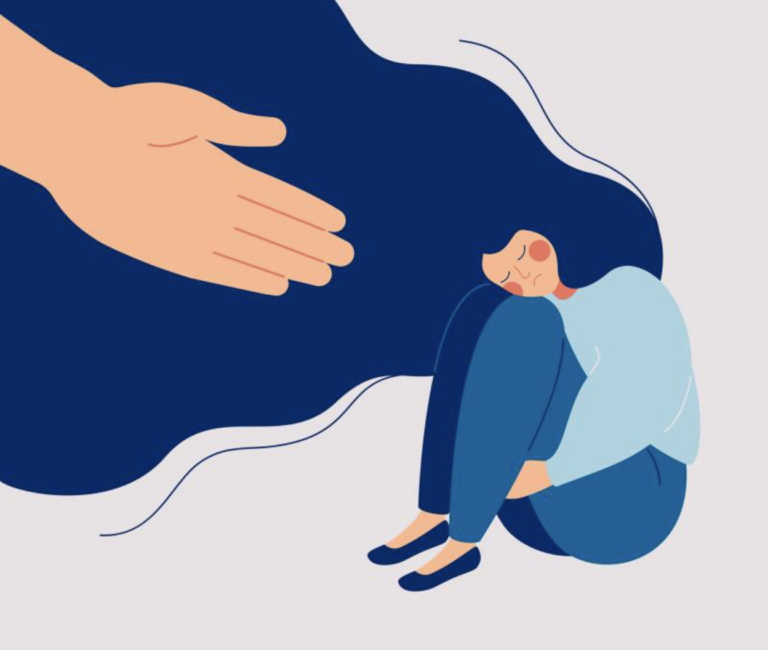Hispanic Cultural Stigma: Coping With Anxiety and High-Functioning Depression
The clock strikes midnight. I reach for my favorite brush and dip it into the loveliest shade of lavender acrylic paint to add texture to my otherwise featureless skyline. When painting, I am reminded of the precious nights I dedicate to my love for art. I find myself so completely separated from the rest of the world; focused, yet distracted enough to fully remove myself from my present and pour my heart onto my canvas.
Art has proven to be more than just my creative outlet, but rather my stress relief, self-esteem builder, and friend. I paint when I am having writer’s block, as it brings relaxation with each stroke. Painting is the antidote during the frantic-anxious-nervous-sad-stressed, or simply just boring moments of my life. I admire how it is accessible to all, whether you prefer to sketch inside or outside of the lines. Art provides a sense of achievement articulated in a tangible result that leaves me craving to improve my skills.
My personal favorite was my stippling portrait of Finn Wolfhard. In drawing another person, I gained a new perspective through my object’s lens while I began to appreciate every aspect of him. I took note of Finn’s every feature: from the angle of his cheekbones to each freckle on his face. Every portrait since, I have gained the ability to recognize the smallest features and differences that make each individual unique. Unknowingly, art has created in me a sense of empathy as I am able to connect with those outside of my Latino culture and view the world open-minded. However, before I found this sense of comfort, I found myself in a repetitive cycle, struggling to ask and find help.
“You are just overreacting.”
Those five syllables echo in my head slowly, piece by piece. My mother unknowingly silenced me at seven years old. Anxiety can be described as a mental health disorder, generally characterized by feelings of worry or fear that are strong enough to interfere with one’s daily tasks. Anxiety, what a vague concept. The definition itself guided my mother’s limitations in helping me understand my mental illness and learning to cope. Rather, anxiety was something that made me tick. It was a constant battle for control over my own body and more importantly, my mind.
The harsh reality is that access to counselors and mental health resources are extremely limited. The recurring dismissal of experiences illustrate the cultural stigma in my Latino community. We are taught to not speak or acknowledge mental health issues. This, coupled with living in an underserved and underrepresented community, exacerbates the humiliation of mental health. As the majority serves as a minority, approaching feasible solutions becomes difficult. Rather than avoiding the discussion and waiting for resources, I decided to become resourceful. My goal is to create a culture that dismantles the stigma to give those with mental illnesses the voice they deserve.
I intend to pass down the knowledge obtained as a mental health advocate, and work with like-minded peers to effectively combat the stigma and discrimination surrounding mental health. I am a reminder that no one “overreacts” in response to mental health. The five syllables are no longer my limitation, instead each piece is motivation to help those like me.

